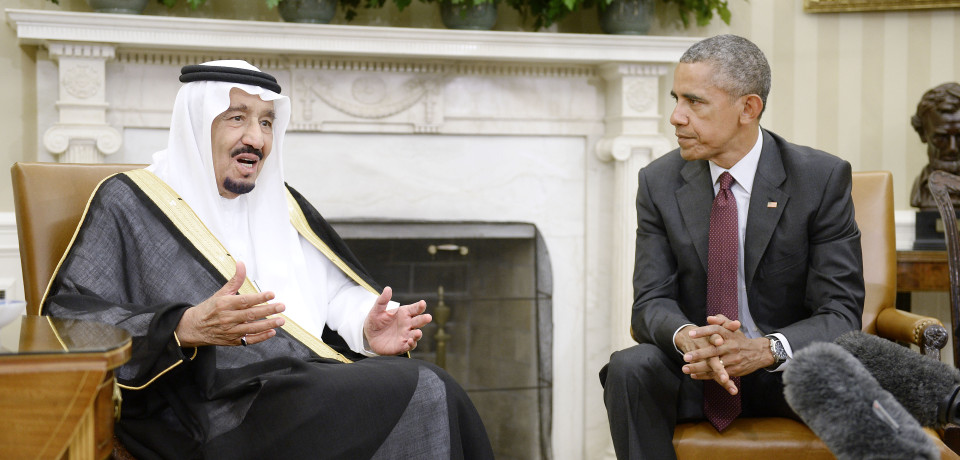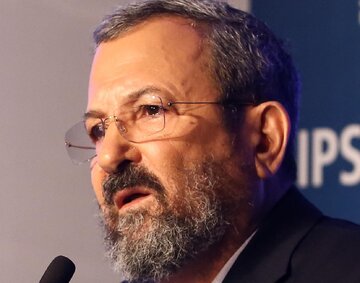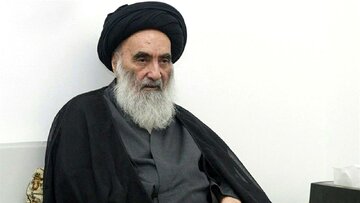AhlulBayt News Agency - The United States has reportedly suspended the transfer of cluster bombs to Saudi Arabia amid growing concerns that the kingdom has used the weapons in its bombing campaign in Yemen, a report says.
The move follows rising criticism by members of Congress of Washington’s support for its ally in the year-long aggression, which has killed more than 9,400 people.
The White House has sold weapons and provided training, targeting information, and logistical support to Saudi Arabia since the bombing campaign began on March 26, 2015 in a bid to restore power to former president Abd Rabbuh Mansur Hadi, a staunch ally of Riyadh.
Washington has also sold Riyadh millions of dollars’ worth of internationally-banned cluster bombs in recent years.
“We take such concerns seriously and are seeking additional information,” a senior US official told the Foreign Policy magazine on condition of anonymity.
The official cited reports that the Saudi-led coalition has used cluster bombs “in areas in which civilians are alleged to have been present or in the vicinity.”
Amnesty International and Human Rights Watch have found evidence that CBU-105 cluster bombs, manufactured by the US-based company Textron Systems, have been dropped on multiple locations around Yemen.
Officials said the hold applies to CBU-105 munitions.
Cluster bombs contain bomblets that spread out widely and kill and injure civilians indiscriminately. The bomblets sometimes fail to explode upon impact and can kill civilians months or even years later.
A 2009 US law prohibits export of cluster bombs with a failure rate of above 1 percent. It also stipulates that the munitions cannot be used “where civilians are known to be present.”
Amnesty International said last week that its most recent mission to Yemen has found evidence of US, UK and Brazilian cluster munitions used by Saudi forces.
The UK-based rights group said unexploded cluster bombs have turned northern Yemen into “minefields” for civilians.
The watchdog said displaced families, who are returning to their homes since a ceasefire was agreed in March, are at “grave risk” of “serious injury or even death.”
“Any step toward ending the production and sale of cluster bomb munitions by the United States government is a good thing, but much much more needs to be done,” Sunjeev Bery, advocacy director at Amnesty International, told Foreign Policy.
He said the rights organization pushed, unsuccessfully, to block a $1.3 million sale of smart bombs to Saudi Arabia which the US government approved late last year.
/129
28 May 2016 - 04:02
News ID: 756743

Riyadh’s air war in Yemen has killed and injured hundreds of civilians. Washington is finally trying to stem the carnage.




